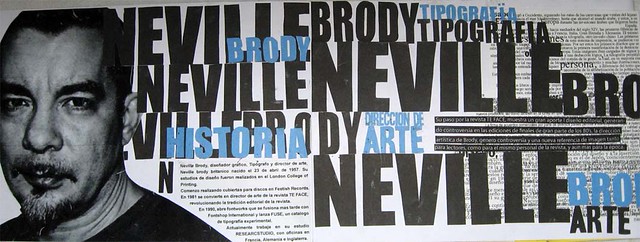
We live in incredible times with such possibilities that is clear. Although its easily dismissed seeing 1 billion chinese citizens data hacked, The UK’s DWP using AI ti decide who gets universal credit and Elon & Twitter once again.
To quote Buckminster Fuller “You never change things by fighting the existing reality. To change something, build a new model that makes the existing model obsolete.”
You are seeing aspects of this with some fresh thoughts about federated moderation, the EU attempting to regulate those black box AI’s and clever environmental moves around reusing paper and rethinking body gels.
The Internet health report dives deep into AI harms
Ian thinks: Mozilla’s internet health report is usually across the board but this year they have deep dived into AI harms. Its not a surprise but the detail is surprising in part.
Those public cameras are everywhere, here’s how they are being used
Ian thinks: This short video from Amnesty International and Wired Magazine is simply the surveillance state utopia some have dreamed about. For the rest of us its a dystopian nightmare, but this is no nightmare… its now.
What is the matrix? Not that one!
Ian thinks: I have always found the Matrix protocol incredible and this frank interview will give you a real scope of what a open distributed protocol can actually do. The stance on bridging is certainly refreshing.
Violence guarantees success?
Ian thinks: The influence and lobbying of Uber was bad but picking through the uber files, its insane the high ranking people who have been influenced by Uber. There is something deja-vu about this?
Uber whistle-blower’s sends a stark warning for us all
Ian thinks: If the Uber files isn’t super clear to you, spend 25mins watching this Guardian video interview with MacGuann, the Uber whistle-blower.
The freakonomics tackle Crypto, NFTs and Web3 in their style.
Ian thinks: The freakonomics team look at many things from a economics point of view. Hearing their unique view on some of the battle for the next internet is quite insightful.
Canada’s Rogers outage is exactly why monopolies are a bad idea
Ian thinks: Not many saw or were affected by this almost complete network outage. But its important to remember Rogers has been pursuing the merger of another Canadian telcom.
The European Commission joins the fediverse, join them
Ian thinks: The EU joining the fediverse is refreshing but I saw so little about this trial by the EU. I really hope they don’t expect huge numbers of people because that would defeat the purpose of the fediverse.
A Game Designer’s presentation turns into a wake up call for all
Ian thinks: You can read the slides in English here and there are subs for an excellent talk which he admits would never be selected. Asking the question do we really want to live in a trust-less society, which crypto is setup to support?
Servers and heat do not mix
Ian thinks: A clear reminder that environmental change/collapse will massively affect the way the internet works and is shaped into the future. Our expectations of servers always up and instantly available needs to shift.
Shhhh, what is quiet?
Ian thinks: I have seen a few of these decentralised slack, discord, element systems. The introduction of everything over TOR will excite certain people along with IPFS support, but its clear the track record of Holmes Wilson is another key feather in the hat.
Find the archive here





